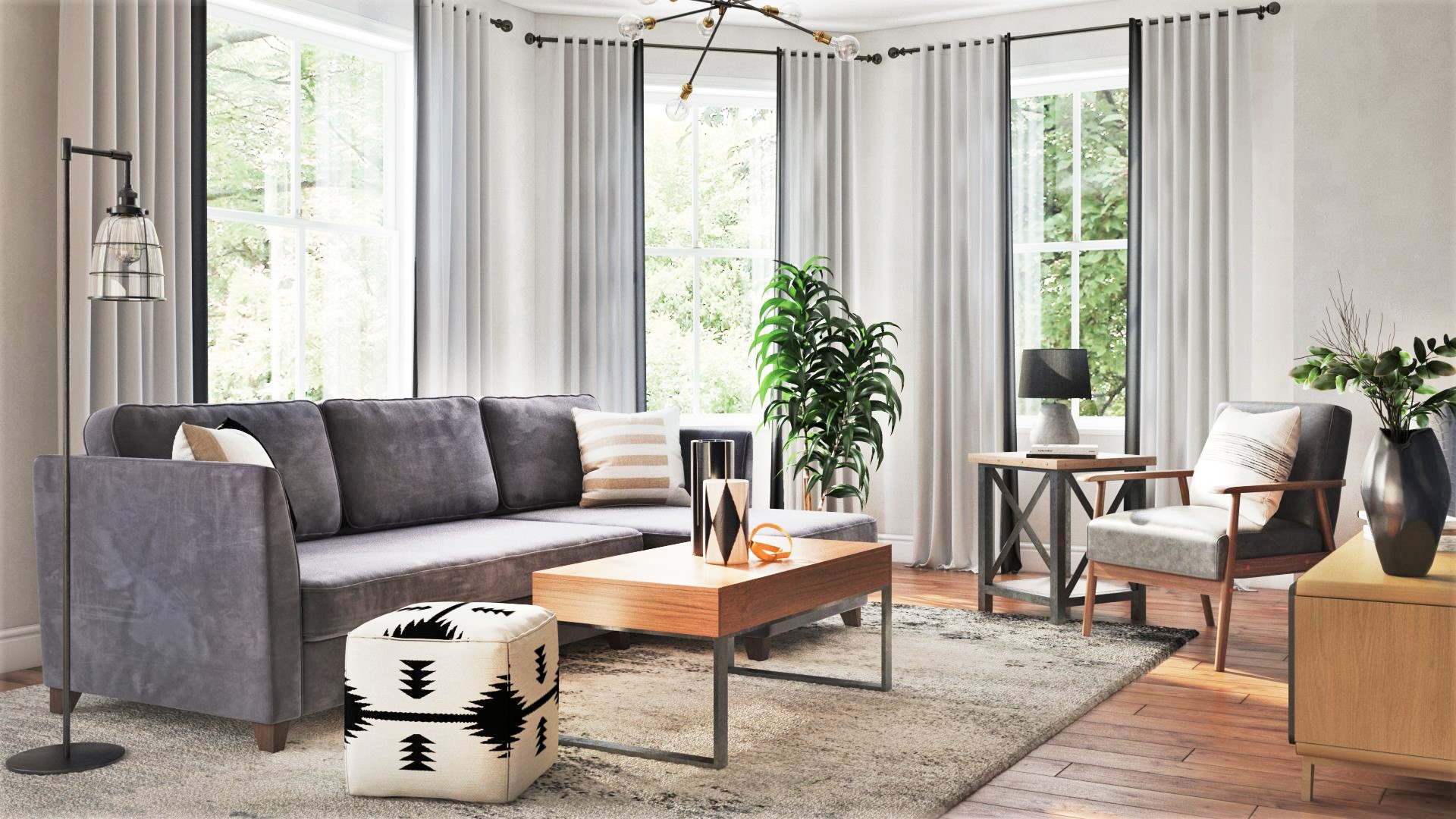Table of contents
Share Post
The Role of Technology in Adaptive Design
Smart technology is a game-changer for neurodiverse individuals, offering tools that adapt to personal needs and enhance independence.
Lighting Control:
- Use smart bulbs that can be dimmed, color-changed, or programmed via smartphone apps.
- Motion-activated lighting provides convenience and reduces cognitive load.
Sound and Audio:
- Incorporate noise-cancelling systems or soundscapes tailored to calming environments.
- Smart speakers can double as accessible devices for voice-activated reminders, entertainment, or daily updates.
Routine Support:
- Smart hubs, like Google Nest or Amazon Echo, can provide scheduled prompts and reminders.
- Automated appliances, like coffee makers or blinds, enhance the predictability of routines.
Accessibility:
- Voice-activated controls reduce the need for physical adjustments.
- Remote access technology allows caregivers to assist as needed without infringing on autonomy.
Thoughtfully integrating technology enriches a space while supporting neurodiverse lifestyles.






